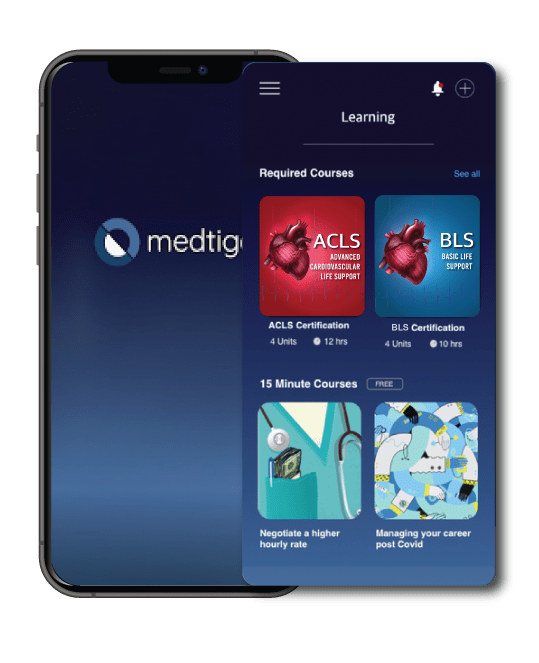In February, the Alabama Supreme Court made a groundbreaking decision in LePage v Center for Reproductive Medicine. The ruling declared frozen embryos equal to children granting them legal personhood. This reported case brought renewed attention to states with laws that give rights to embryos at fertilisation.
By calling embryos “extrauterine children” and putting IVF services at risk—which many US residents across the political divide use—the Court pushed the once-marginal idea of foetal personhood into the spotlight of reproductive medicine and law debates.
Personhood Language Provisions
Some states have broad foetal personhood laws. Georgia, for example, used a “trigger” law to take advantage of the Dobbs v Jackson Women’s Health Organization decision and put a wide-ranging foetal personhood clause in its constitution.
Besides these clear-cut foetal personhood laws, some states have slipped personhood wording into laws that seem unrelated, from child welfare rules to tax laws. The eTable in the Supplement shows picked examples of state-level laws and court rulings that include foetal personhood language.
It’s crucial to note that pregnant individuals from racial and ethnic minority groups have a higher chance of facing increased monitoring and criminal charges. Black patients make up over 50% of those prosecuted for exposing unborn babies to drugs even though drug use during pregnancy is similar across all racial groups.
These patterns point to the possible criminalization of pregnant people especially racial and ethnic minorities. They also suggest a greater risk for healthcare providers under foetal personhood laws, as responsibility for cases involving pregnant individuals moves from child welfare agencies to law enforcement.
Wording about foetal personhood has found its way into many civil wrongful death laws. Courts in over 40 states have changed or read these laws to include foetuses in the meaning of a “person.”
Foetal personhood policies allow lawmakers to push their anti abortion agenda while skipping real steps to boost health outcomes, like expanding postpartum Medicaid coverage or tackling growing racial gaps in maternal death rates.
In a nutshell, these laws often don’t offer much real help to pregnant people even when they’re supposed to support them. In reality, people use foetal personhood laws to limit access to reproductive health care and keep tabs on pregnant people and their doctors rather than help families. Take foetal personhood rules that widen the reach of criminal child welfare laws, for instance. These have big impacts on abortion and pregnancy care.
The Alabama Supreme Court’s key ruling in LePage comes after years of efforts by state lawmakers nationwide to establish foetal personhood in both clear and subtle ways.
While foetal personhood laws claim to safeguard unborn rights, they often place heavy limits on pregnant individuals and put reproductive healthcare at risk. We shouldn’t see LePage as out of the ordinary. Instead, we should understand it as part of a bigger picture where lawmakers and courts try to limit reproductive care putting pressure and legal dangers on patients and doctors.
Reference:
Shachar C, Tu L, Jain B. Fetal Personhood Laws and Their Implications for Health Care. JAMA [Internet]. 2024 [cited 2024 Sep 17]; Available from: doi:10.1001/jama.2024.14739











